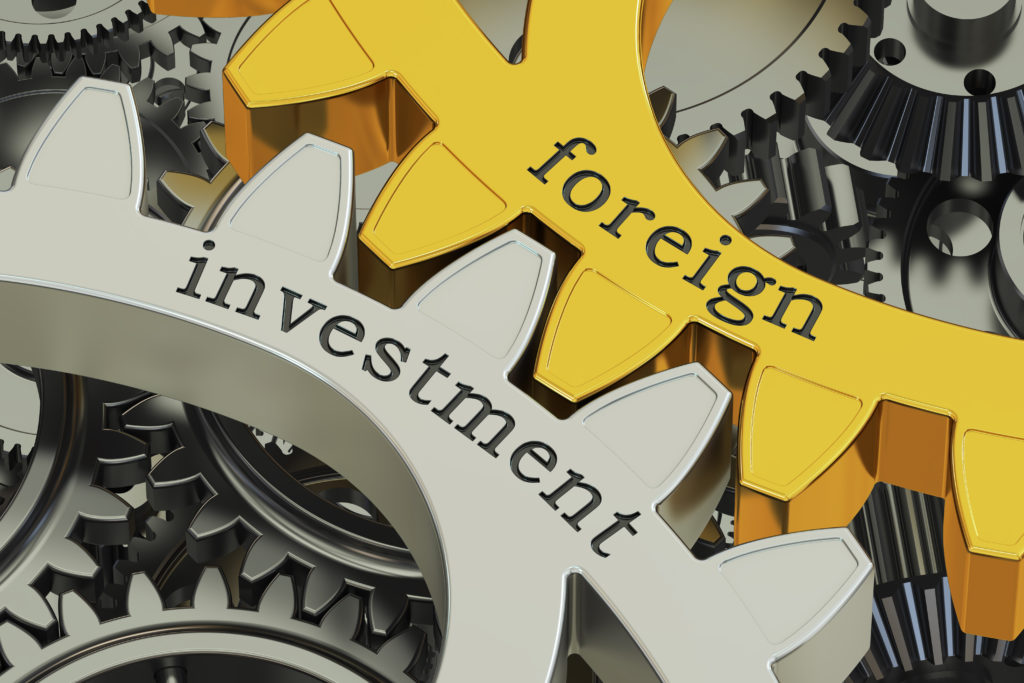
Within the past twenty years, the world has experienced an unprecedented period of globalization. The interconnection between different countries’ economies and subsequent foreign dependency has led to an ever-increasing number of investors looking outside their own country’s markets and investing in foreign stocks. Ryan Donovan Granger, a foreign investor, based in Chicago, IL, has spent the last few years investing in foreign markets and hopes to share his experiences with other American investors. Today, investment strategist Ryan Donovan Granger will share different methods of investing in foreign stock markets and hopefully inspire others to invest in strong foreign markets.
American Depository Receipts (ADRs)
American deposits receipts, otherwise known as ADRs, are one of the most common ways to buy foreign stocks. A number of foreign companies have used ADRs to establish themselves within US markets and raise capital. The most prominent example of this is the Chinese e-commerce company Alibaba, which raised 25 billion in 2014 by listing its ADRs on the New York Stock Exchange. ADRs are often separated into three distinct categories, level 1, level 2, and level 3.
Level 1 ADRs: are unsponsored, meaning they can only be used to trade over-the-counter. For this reason, level 1 ADRs are typically used to establish a trading presence within the United States and not to raise capital.
Level 2 ADRs: are used to establish a trading presence on a national exchange such as the NYSE, but not to raise capital.
Level 3: ADRs: can be listed on national exchanges and used to raise capital.
Exchange-Traded Funds (ETFs)
Investing in a foreign stock market can be tricky; however, international exchange-traded funds offer investors an easy, convenient avenue to access foreign markets. As exchange-traded funds are managed, it can be easier to pick an ETF than to construct a portfolio of foreign stocks. ETFs often cover a wide variety of investment categories, including geographic region, investment style, investment sectors, and market capitalization. Some of the most well-known ETF providers include State Street Global Advisors, First Trust, Invesco, Charles Schwab, and Vanguard.
Foreign Direct Investing
Many investors decide to directly invest in foreign markets using one of two methods. Investors looking to invest in foreign markets can either open a global account with a broker in their home country, with brokers such as Fidelity, Interactive Brokers, and Charles Schwab, or open an account with a local broker in their country of choice. Ryan Donovan Granger suggests that individuals looking to invest in Hong Kong utilize MONEX BOOM as it allows investors to access prime Hong Kong Stocks and 11 other markets.